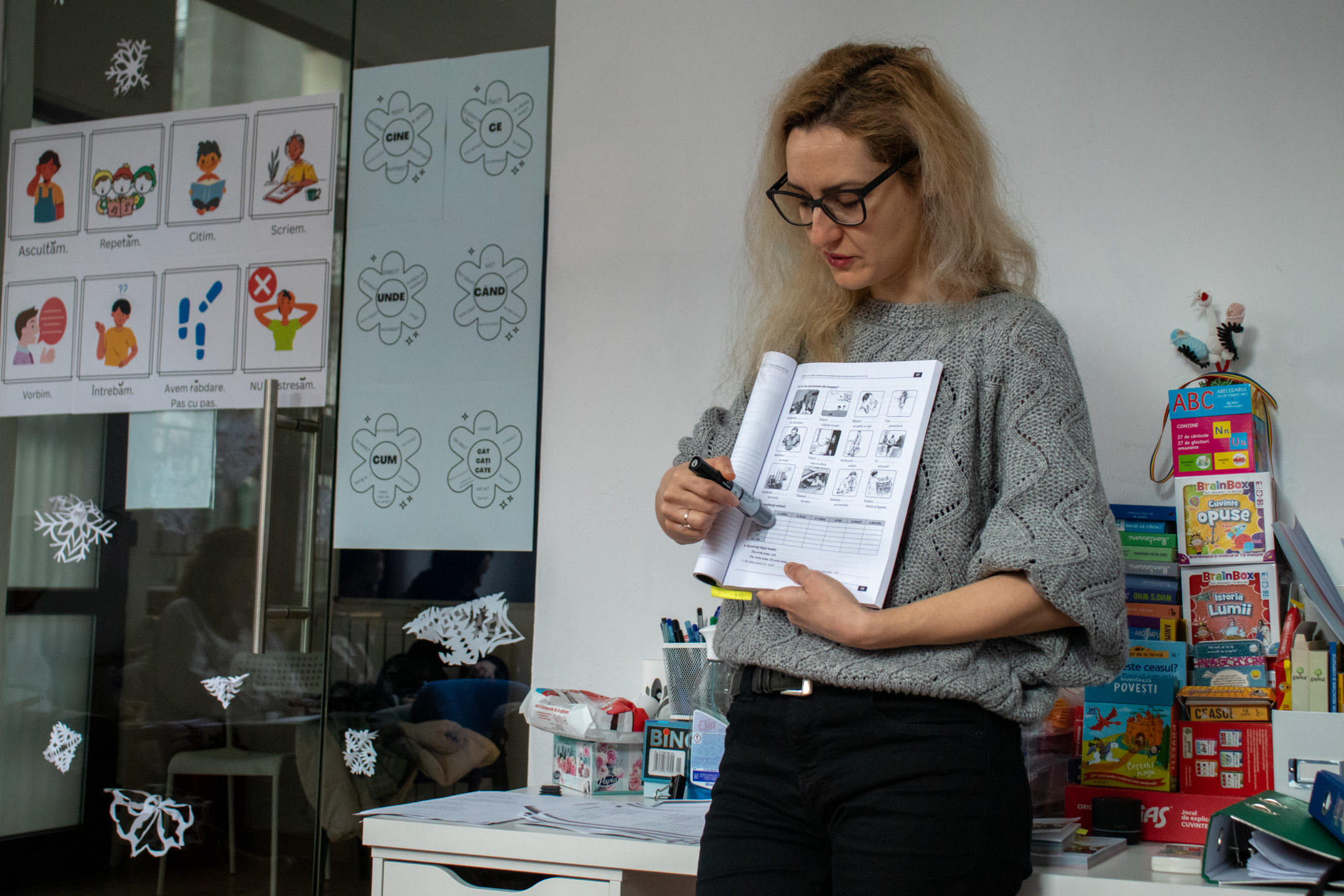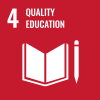Bucharest, 13 February 2023 – It was not long after Svetlana overcame the first major challenges of displacement – finding a safe place to live – that she had to confront the next hurdle of settling in a new country. “The biggest challenge of integration is the language barrier,” she says, reflecting on nearly one year since finding a home in Romania.
Together with her husband and their 18-year-old daughter, Svetlana fled Ukraine on the first day of the invasion. When the first air strikes hit and Svetlana saw the terror in her daughter’s eyes, they packed their bags and left their home in Odessa behind.
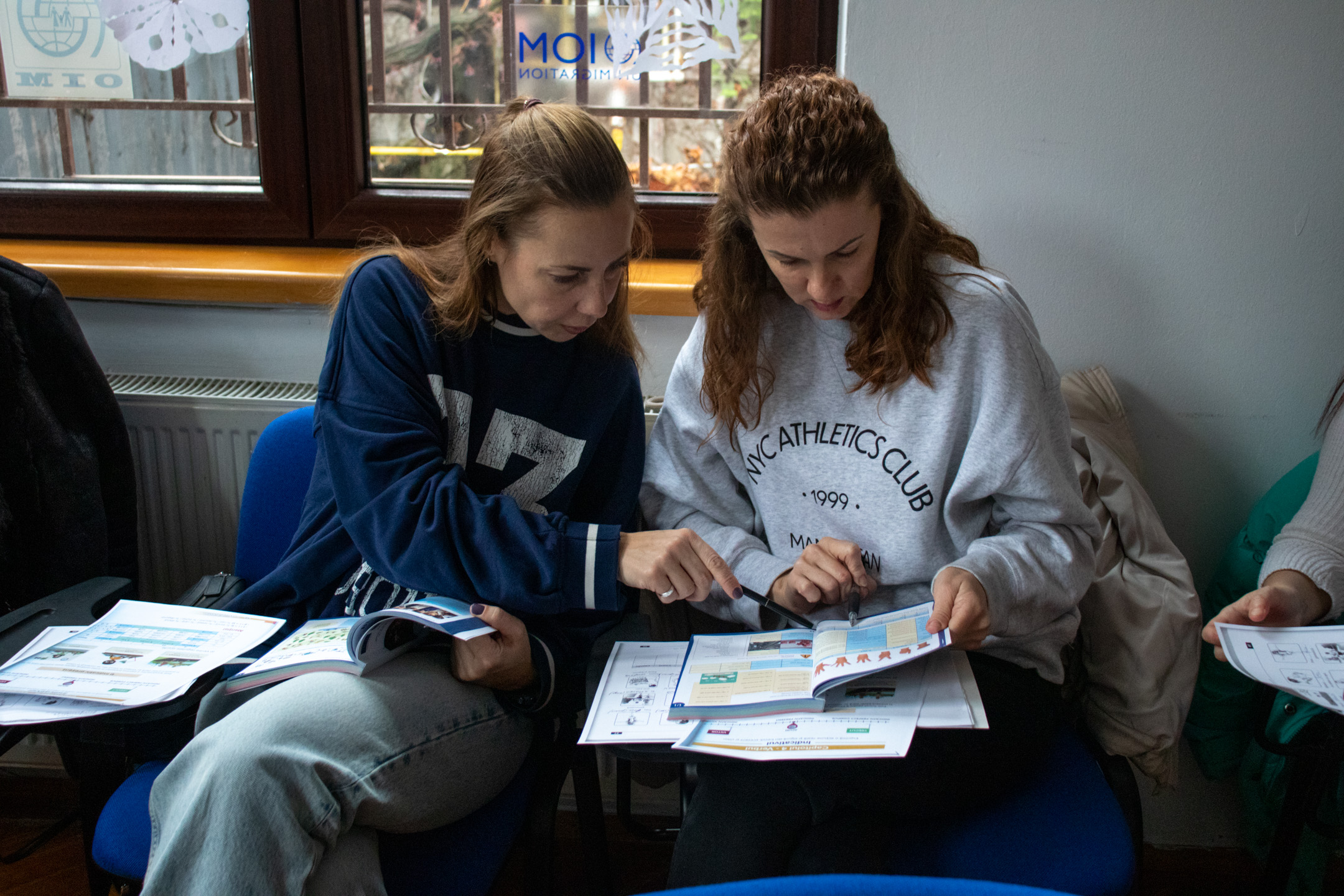
Alexandra and Svetlana in class. Photo: Alexandra Apeţean

Alexandra and Svetlana using materials developed by IOM and its partners to teach Romanian as a foreign language. Photo: Alexandra Apeţean
These days, their life feels predictable and safe again. Her daughter has just started university in Bucharest, they have a good place to live and have made Romanian friends. Each of them has helped the family feel more at home, but for Svetlana, enrolling in Romanian language classes has been a blessing. It is where she met her best friend, Alexandra, a fellow Ukrainian who also fled the war. Back in Ukraine, they barely knew each other, but in Romania they became very close.
Alexandra is from Nikolaev, a city in southern Ukraine near the Black Sea. She came to Romania with her 11-year-old daughter last February. Soon after, she enrolled her daughter in school. Alexandra says her daughter has made many friends and has no problem communicating with them using a mix of English and Romanian. “She attends all sorts of classes, from theatre to arts and crafts. The culture in Romania is very similar to the one in Ukraine, so it almost feels like home.” She pauses for a moment and smiles. “I really think she’s happy here.”

For Andreea, interactive activities are a key part of learning Romanian. Photo: Alexandra Apeţean
The Romanian language classes that the two women attend are organized by the International Organization for Migration (IOM) in Bucharest for people fleeing the war in Ukraine. Andreea, one of the teachers, started working with IOM in 2022 and had to get creative, as resources for teaching Romanian as a foreign language are limited.
Halfway through today’s lesson, Andreea takes out her phone and connects it to a small speaker. She gives each student a paper with Romanian lyrics and asks them to listen carefully to the song and fill in the missing words. When the students learn that the song is performed by two Moldovan artists, they become excited.
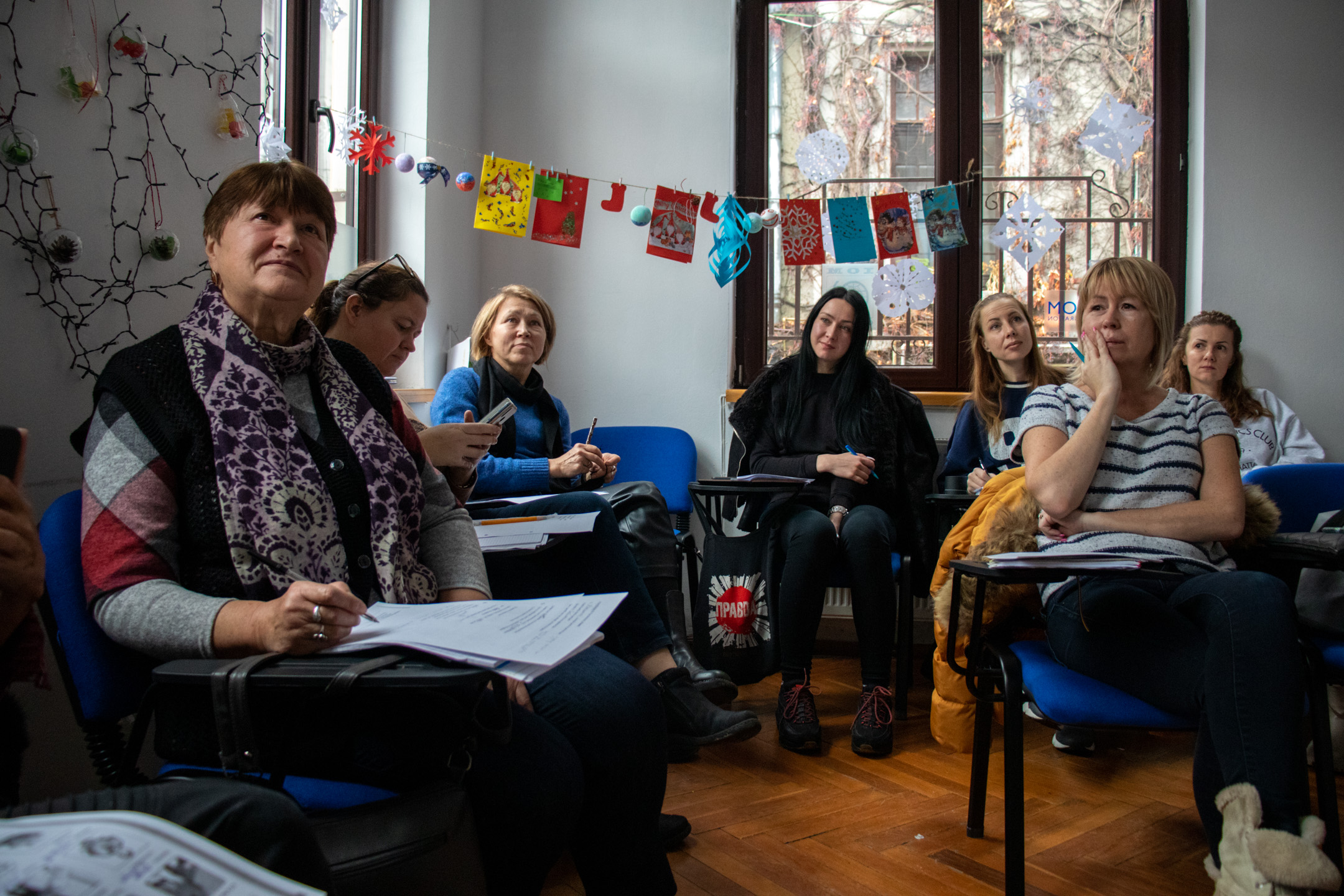
The class includes people from all over Ukraine who have now settled in Bucharest. Photo: Alexandra Apeţean
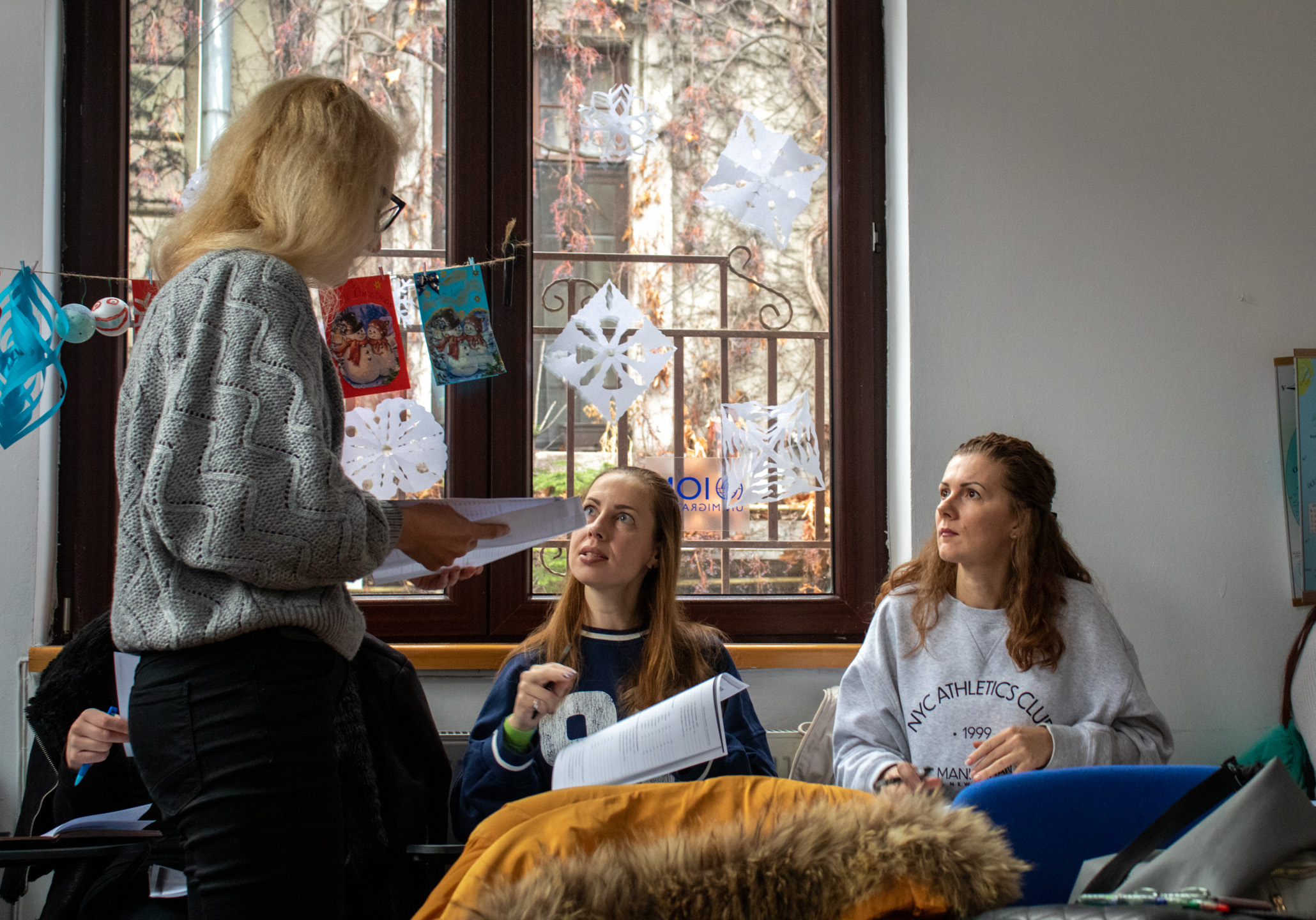
Andreea answers Alexandra and Svetlana’s questions. Photo: Alexandra Apeţean
Although most of her students are adults, Andreea likes to include games in her lessons. It not only helps them engage directly with the Romanian language and culture, but also with each other, making learning the language more fun.
Andreea only speaks Romanian to the students both in class and in their WhatsApp group. A few months ago, the main goal of the class was to give the students a very basic understanding of the language and equip them with simple phrases to get around.

Andreea likes to include games and puzzles in her lessons to help engage the students with the Romanian language and culture. Photo: Alexandra Apeţean
When the class is over, the women continue speaking with each other and Andreea in a mix of Ukrainian, Romanian, and English. As Alexandra packs her pens and course materials into her bag, Svetlana waits for her. They leave the IOM premises together, just like the other women in the class who have been brought together by the consequences of war and found friendships they can count on.
